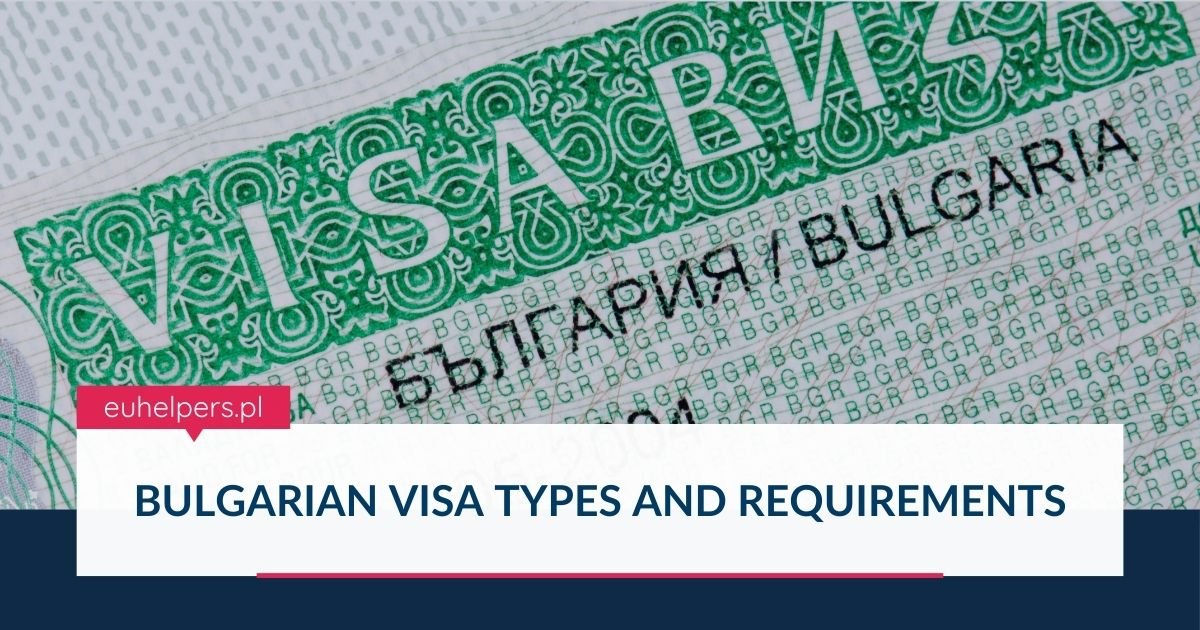
Bulgaria offers various visa options depending on the purpose and duration of your stay. These visas are broadly classified into short-stay (C visa) and long-stay (D visa) categories, each serving different needs.
Short-Stay Visa (C Visa)
The short-stay visa, also known as a Type C visa, is designed for individuals visiting Bulgaria for a temporary period. It is commonly issued for tourism, business meetings, attending conferences, or other short-term activities. Holders of this visa can stay in Bulgaria for up to 90 days within a 180-day period.
Types of Short-Stay Visas
- Tourist Visa – Issued for leisure and sightseeing trips in Bulgaria.
- Business Visa – For professionals attending business meetings, conferences, or networking events.
- Transit Visa – Granted to travelers who need to pass through Bulgaria en route to another country.
- Medical Treatment Visa – For individuals seeking medical care in Bulgaria.
- Student Visa (Short-Term) – For those enrolling in short-term educational programs or training courses.
Long-Stay Visa (D Visa)
For individuals planning to stay in Bulgaria for an extended period, a long-stay visa (D visa) is required. This visa is essential for those seeking employment, education, family reunification, or self-employment. Unlike the C visa, the D visa serves as a pathway to obtaining a residence permit in Bulgaria.
Common Reasons for a Long-Stay Visa
- Work and Employment – For foreign nationals who have secured a job in Bulgaria.
- Higher Education – For students enrolling in Bulgarian universities.
- Family Reunification – For individuals joining family members residing in Bulgaria.
- Entrepreneurship and Self-Employment – For business owners and investors.
Whether you're visiting Bulgaria for a short trip or planning a long-term stay, understanding the visa options available can help ensure a smooth and hassle-free experience. Always check the latest visa requirements with the Bulgarian consulate or embassy in your country before applying.
